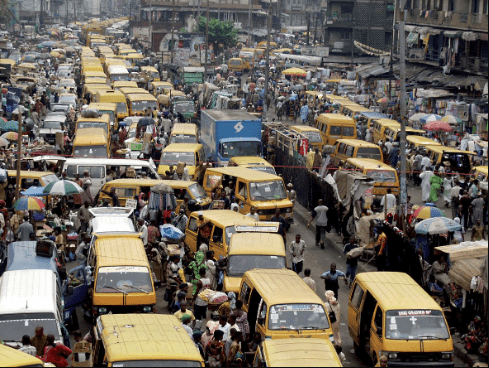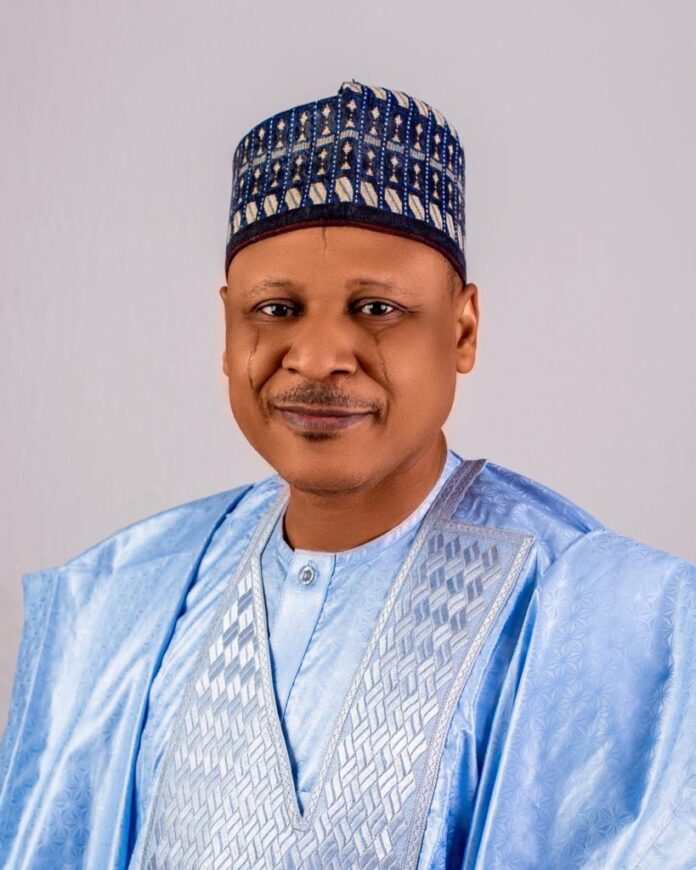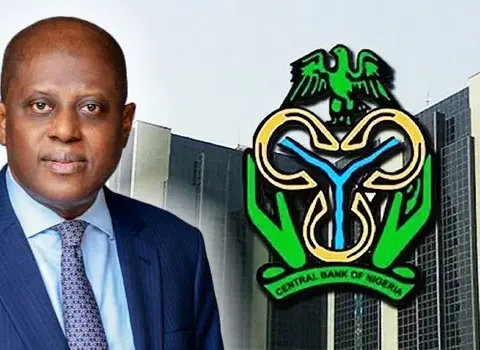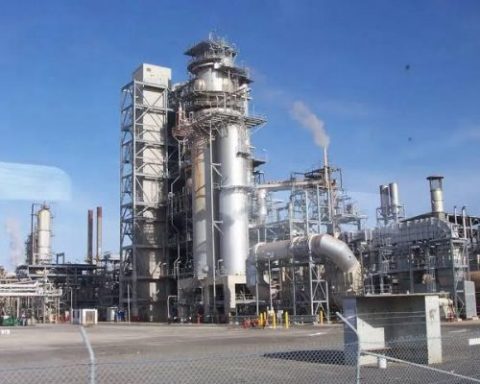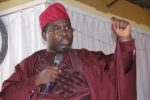Lagos, Nigeria’s commercial hub, loses a staggering sum of N4 trillion yearly, due to perennial traffic congestion that sees a commuter spend an average of two hours to get to work each day.
This was revealed in a report tagged ‘Behavioural Causes of Traffic Congestion in Lagos’, by the Danne Institute for Research, pointing out that a good traffic situation in Lagos state will save time and energy, which in turn would boost employees’ productivity.
Join our WhatsApp ChannelIn the report funded by the Bank of Industry and Africa Finance Corporation, which was delivered on Wednesday in Lagos, behavioural factors seen as the primary culprits for traffic congestion, including poor road infrastructure, violation of traffic laws, activities of ‘agberos’ at bus stops, and buses picking up passengers.
Presenting the report, the Executive Director, Danne Institute for Research, Franca Ovadje said the huge loss could otherwise be harnessed toward important sectors of the Lagos economy.
Ovadje said connectivity is very important for productivity because spending less time in traffic would create time for work and also reduce stress as well as health risks.
She stressed that despite having a population of 21 million, Lagos is not seeing corresponding productivity due to poor connectivity that kills man-hours of traffic jams experienced by residents in the state.
According to her, Lagos should be getting high productivity because a report states that if the population doubles in developing countries, productivity should grow by 5 to 6 per cent.
The Institute’s Executive Director said further: “Interestingly, 35 per cent of our respondents said their number one challenge in living and working in Lagos is the traffic congestion.
“We also found that the top three main causes of traffic congestion in Lagos are behavioural. These include bad road infrastructure, disregard for traffic laws, activities of ‘agberos’ at the bus stops, and buses picking passengers.
“We also asked the respondents the three things they would do if they were Governor of Lagos State to solve the traffic problem, they said they would construct, repair and maintain roads; ban ‘agberos’ from the road and enforce traffic laws.”
Respondents, who expressed traffic congestion as their top challenge, proposed solutions that focus on road construction, repairs, and maintenance, along with a ban on ‘agberos’ and stringent enforcement of traffic laws.
The report called on government authorities to prioritise these recommendations to enhance productivity, attract investments, and generate substantial internally generated revenue through law enforcement.
According to the report, Lagos residents spend an average of 2.21 hours commuting daily, with 45 per cent of the residents spending more than two hours.
“Areas like Ajah, Etiosa, and Apapa bear the brunt, necessitating urgent measures such as nighttime road construction, creation of alternative routes during construction, and strict enforcement of traffic laws,” the report added.


